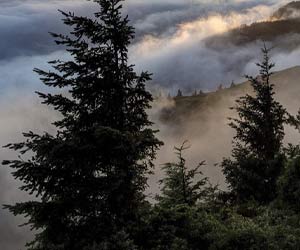Walden (Collector's Edition) (Laminated Hardback with Jacket)
Select Format
Select Condition 
Book Overview
Walden, written by Henry David Thoreau, chronicles his two-year experiment in simple living at Walden Pond near Concord, Massachusetts. Thoreau explores themes of self-reliance, spirituality, and the importance of nature by reflecting on his daily life, scientific observations, and philosophical insights. Living in a cabin he built himself, he immerses in the natural world, observing seasonal changes, wildlife, and plant life with meticulous detail. His work ultimately advocates for a life of intentional simplicity and personal independence, providing both a critique of modern society and a guide to a more fulfilling life connected to nature.
Walden holds historical importance as a foundational text in American transcendentalism and environmentalism, advocating simplicity and self-reliance as counterpoints to industrialization and materialism. Published in 1854, Thoreau's reflections on living in harmony with nature and resisting societal pressures resonated with growing sentiments about individual freedom and ecological awareness. The book's influence extends into movements for conservation and civil disobedience, inspiring figures like Gandhi and Martin Luther King Jr. Thoreau's work challenges readers to consider their relationship with nature, making Walden a timeless call for introspection and mindful living.
Customer Reviews
The Map Back to Eden
Walden Mentions in Our Blog

As we welcome the month ahead, we're shining a light on notable and acclaimed July-born authors. We're delighted to celebrate them and their beloved works of fiction, nonfiction, poetry, theater, and more.


Our current circumstances have a lot of people talking about the Nordic tradition known as friluftsliv (pronounced free-loofts-liv). Translated as open air life, it is the idea of spending as much time outdoors as possible, no matter the weather. So get on out there!

In celebration of Edward Abbey's birthday earlier this week, we are featuring a reading list of similar authors who came before and after him. More than just environmentalists, these activists raised clarion calls in defense of nature.







